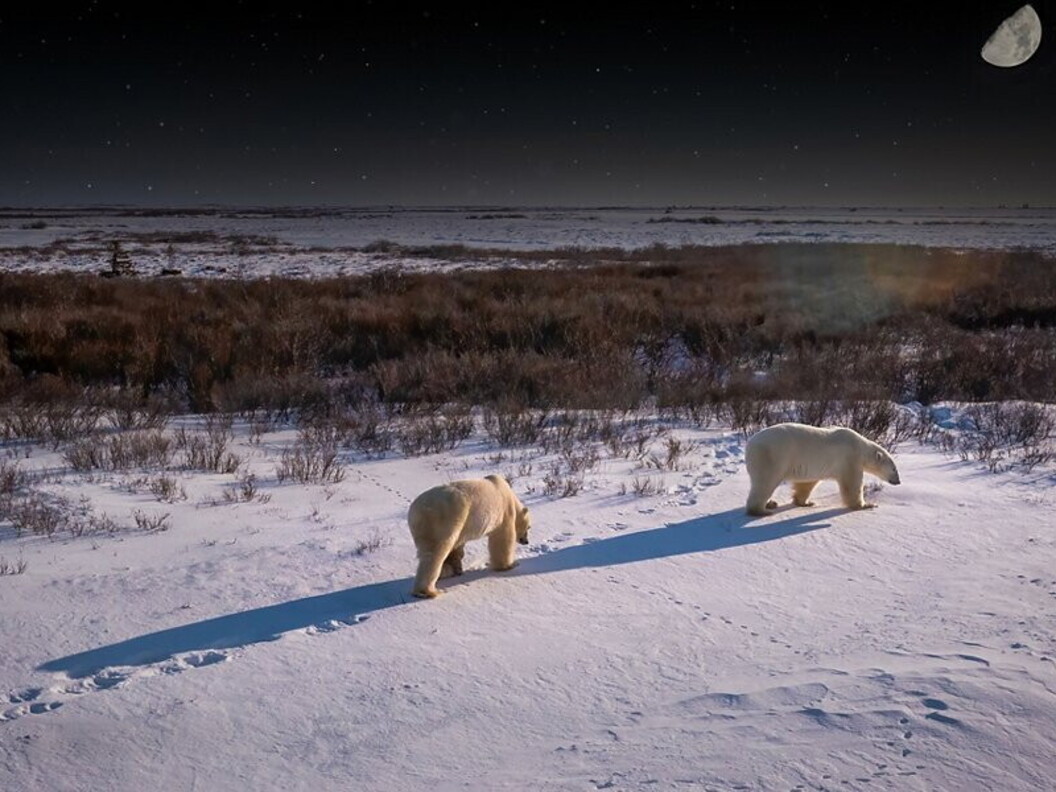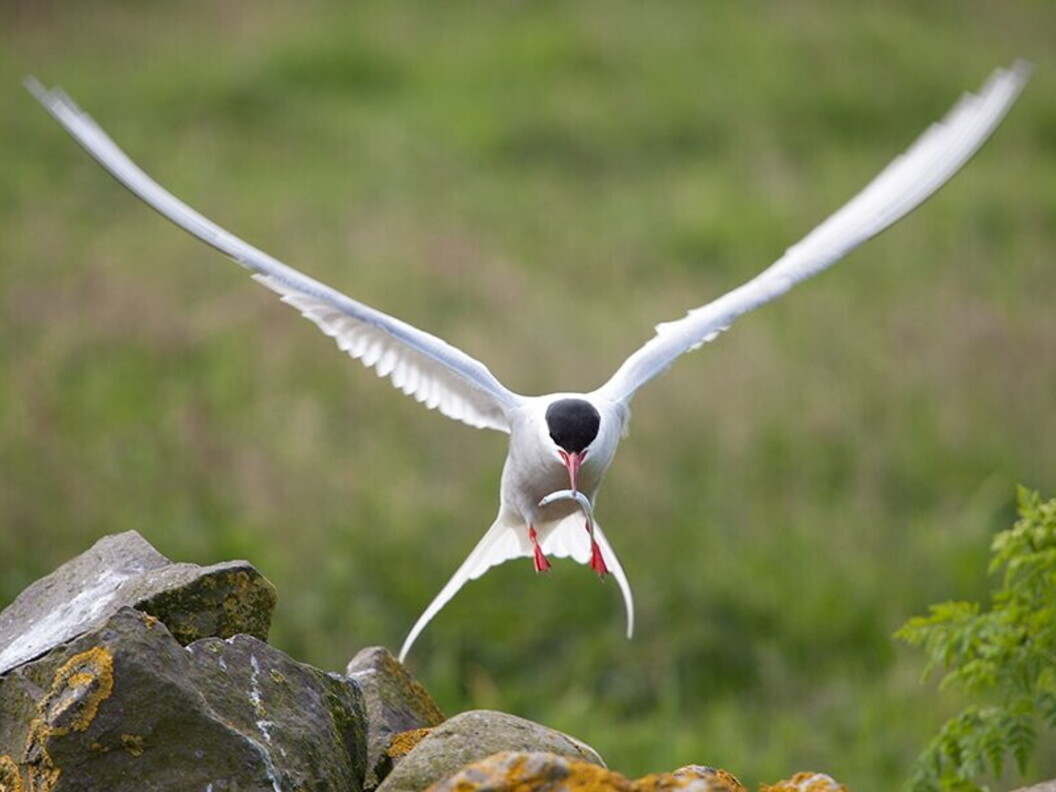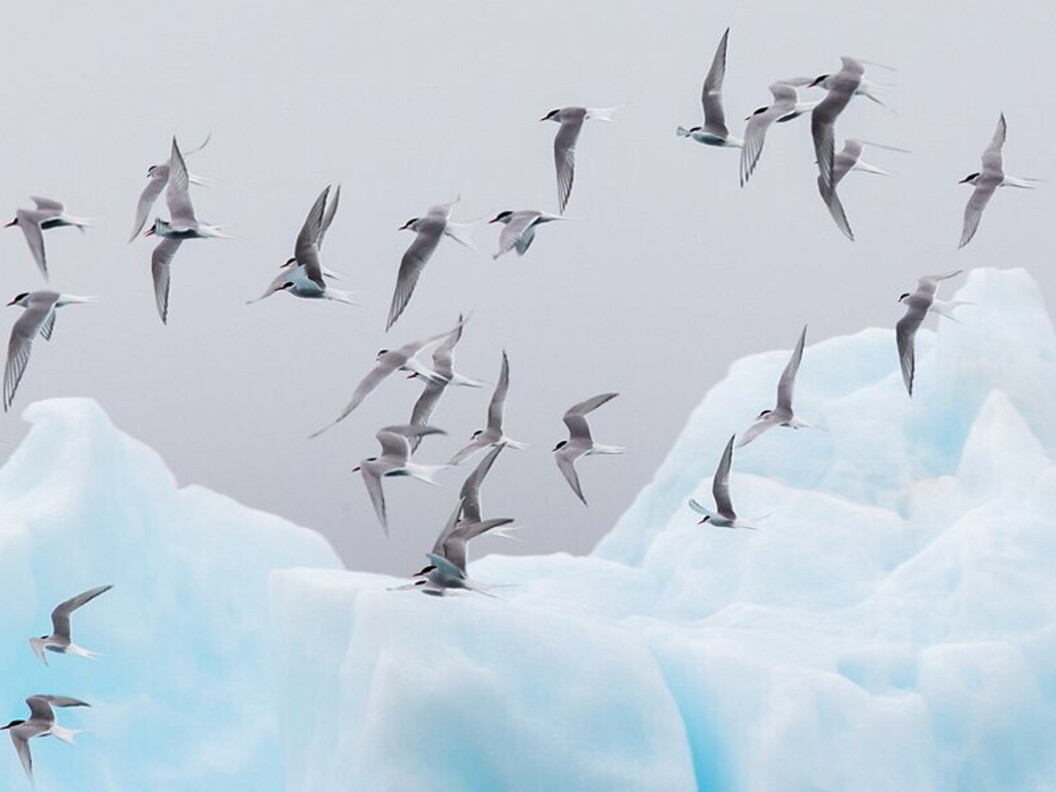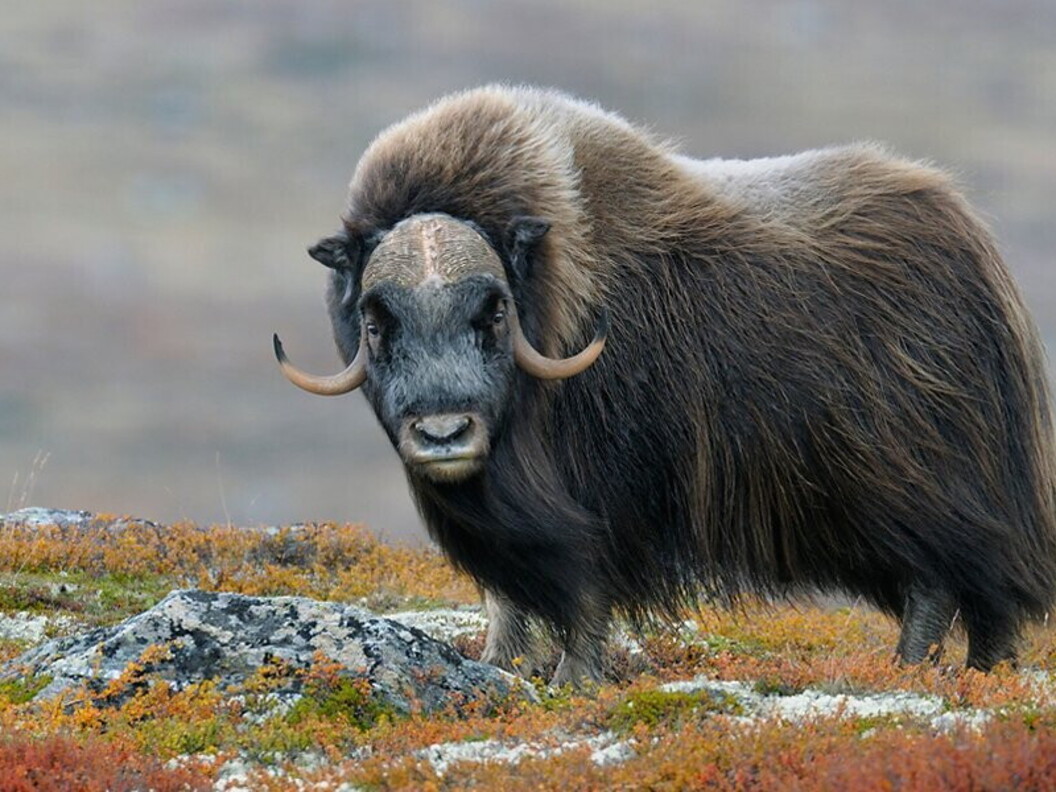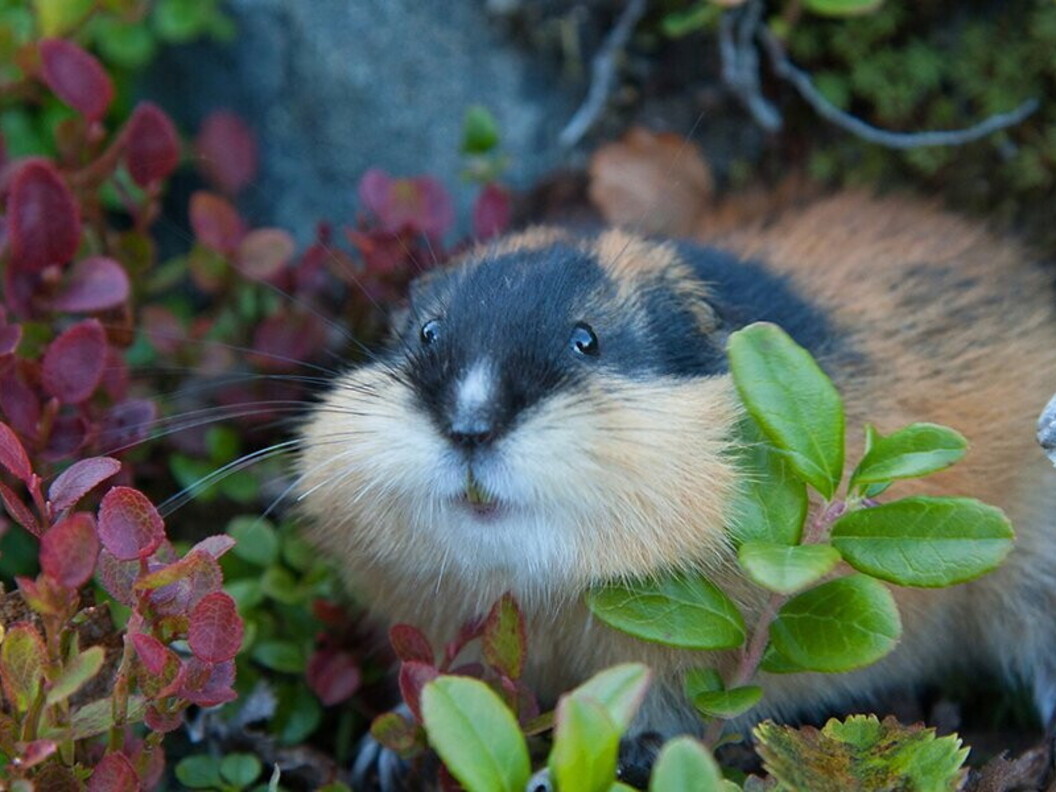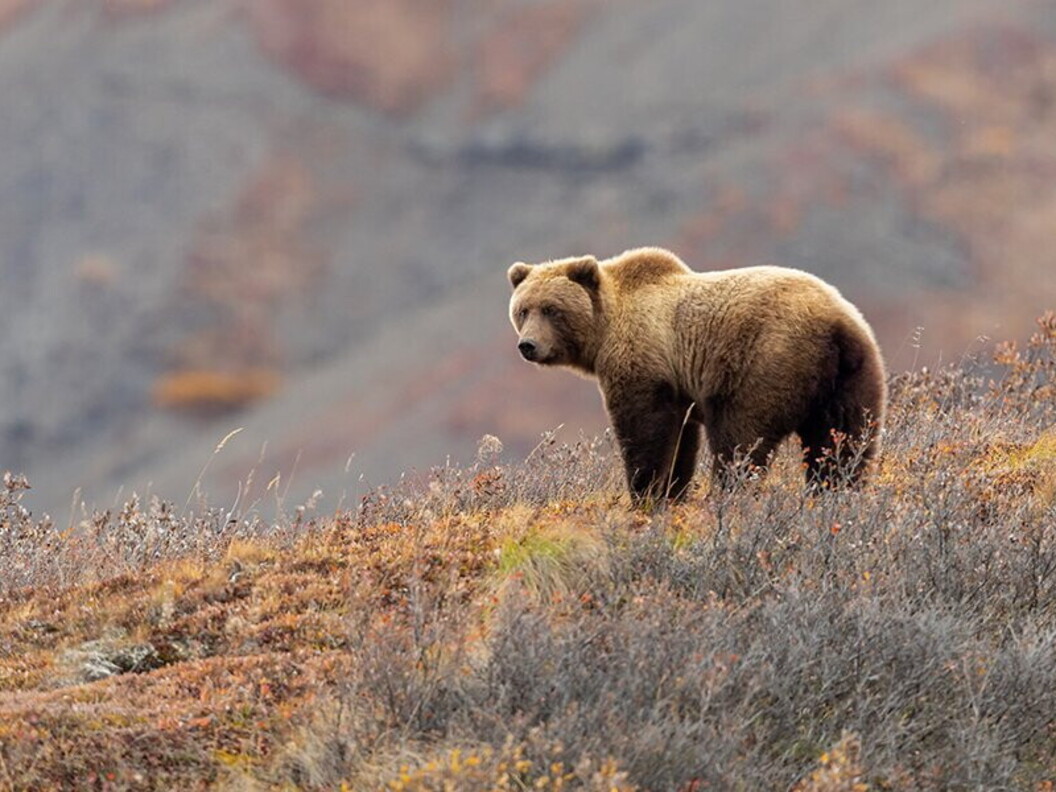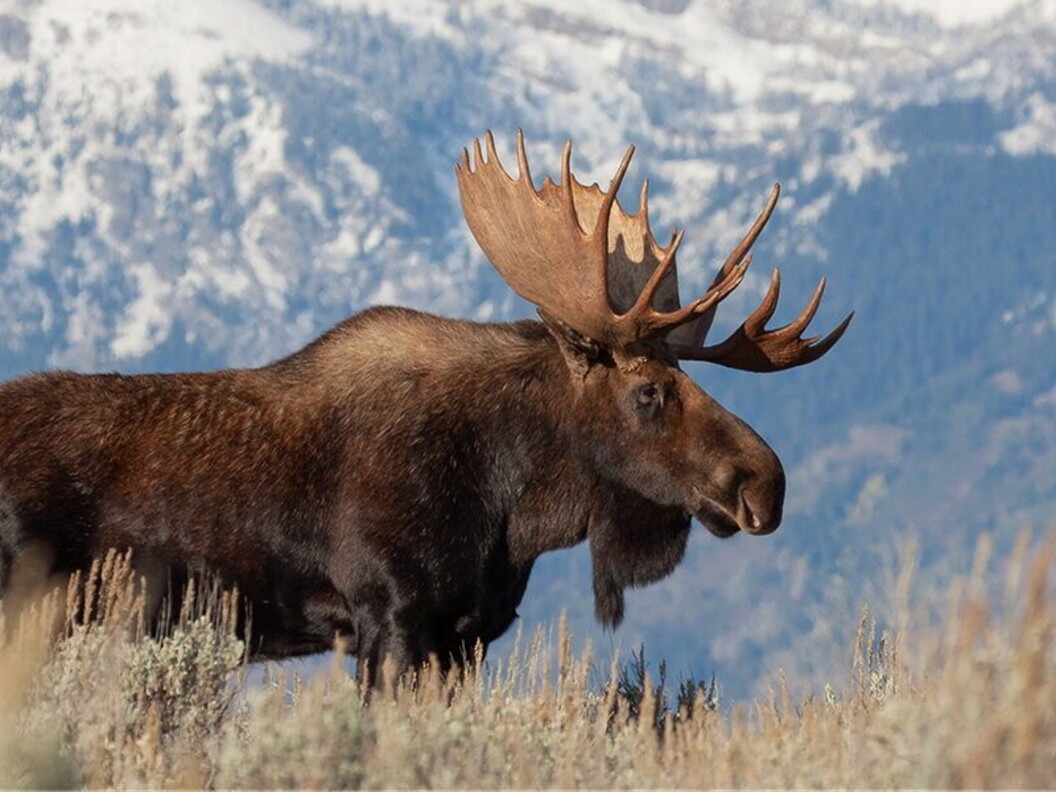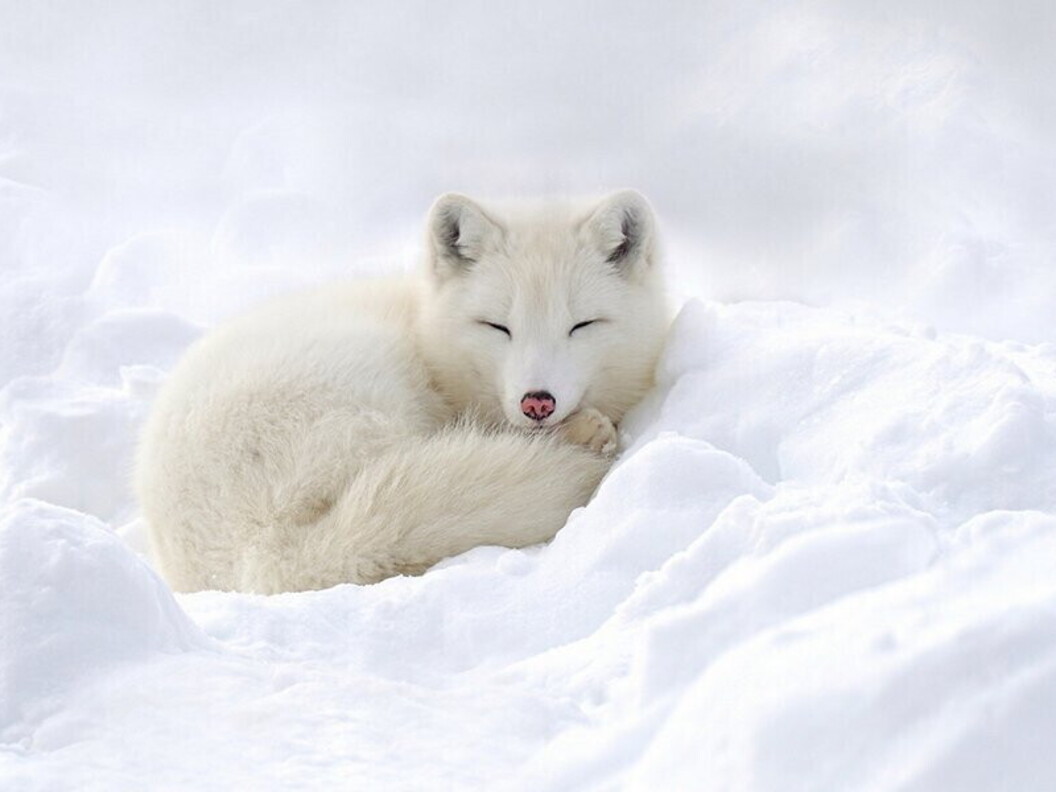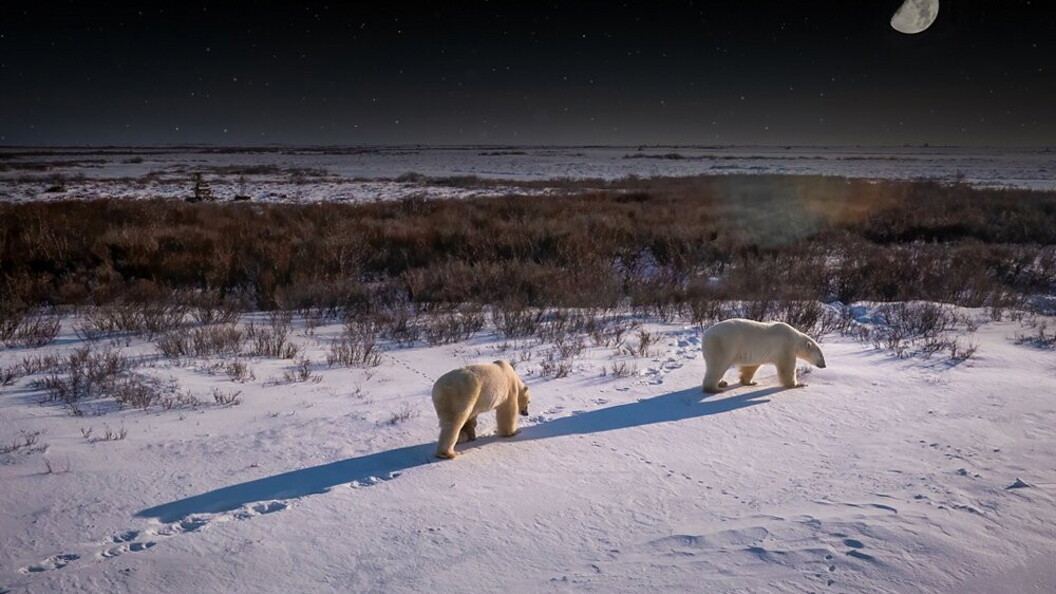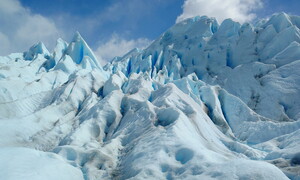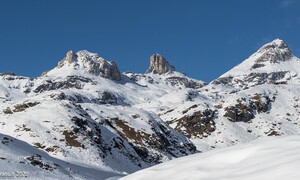Polar bear
Since the sun does not rise in winter, the tundra spends several months in long, cold darkness. Conversely, during the summer the sun is always, or almost always, above the horizon with no real nights. The solar energy that reaches the ground is in any case little, since the sun stays very low on the horizon. It ensues that the water trapped in the soil freezes down to many metres, forming a layer of hard soil, the surface of which thaws in summer only. The frozen soil of the tundra is called permafrost (from the English permanent frost). Evaporation is very low, therefore, even if it rains very little; nevertheless, the melting of the upper layers of soil form large wet areas during the Arctic summer.
